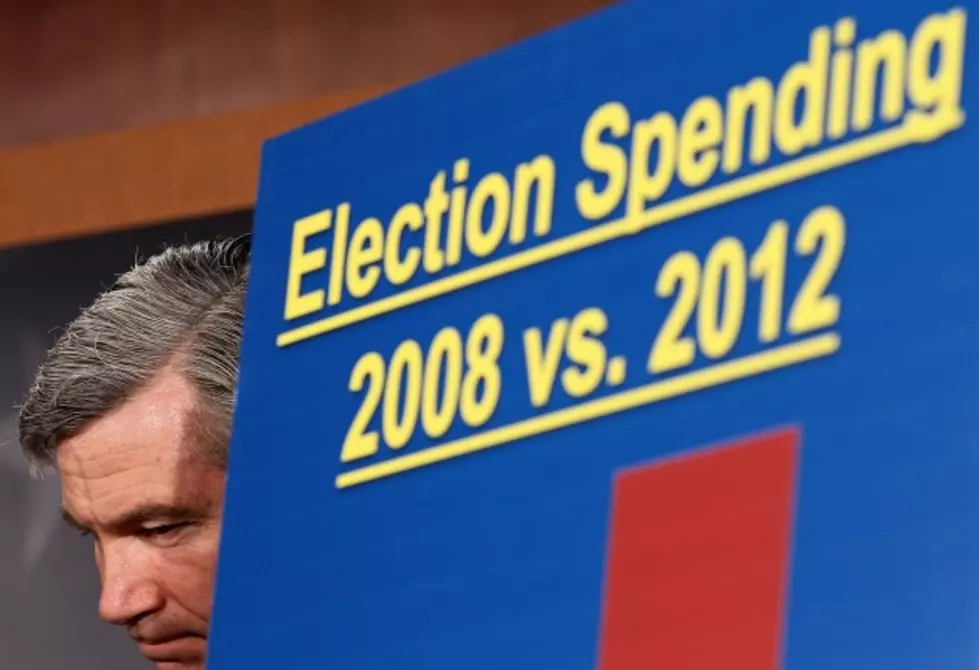
Are Corporations People?
This common phrase is a well-known “talking point” of certain political ideologies that are convinced corporations are now in a position to purchase elections and buy candidate’s votes.
What Was The Citizen’s United Lawsuit About?
Many people felt it was a ruling that somehow defined corporations as people. This is not the case. The ruling involved Michael Moore’s movie, “Fahrenheit 9/11” and “Hillary: The Movie,” both movies being shown within a time period before a primary or general election in the hopes of swaying voters. Michael Moore against Bush, and Citizens United against Hillary. Citizens United was a free political speech issue. Unions and corporations are composed of people, and those people are entitled to free election speech.
How Does It Affect Elections?
As we all know, the phrase, “Corporations are People,” is a spinoff of the landmark, “Citizens United vs. Federal Election Commission,” ruling by the Supreme Court in 2009. In fact the president even felt the need to devote some time to it during his 2010 “State of the Union” address.
With all due deference to separation of powers, last week the Supreme Court reversed a century of law that I believe will open the floodgates for special interests –- including foreign corporations –- to spend without limit in our elections. (Applause.) I don't think American elections should be bankrolled by America's most powerful interests, or worse, by foreign entities. (Applause.) They should be decided by the American people. And I'd urge Democrats and Republicans to pass a bill that helps to correct some of these problems.
Citizens United Had Nothing to Do With Corporations and Elections
The Supreme Court did loosen the reins on corporations and unions, but hardly gave them a free hand in election donations. It kept two very important campaign rules in tact.
First, corporations have disclosure requirements regarding their campaign expenditures that must be reported. Second, the existing ban, that makes it illegal for a corporation or a union to donate directly to a political candidate, or political party, in a federal election, was also kept in force. Corporations and unions can support referendums, ballot initiatives or PAC’s but not directly donate to a candidate or political party.
Where Does “Corporations Are People” Come In?
Saying corporations are people, is like saying animals are people. Both eat, drink, breathe, sleep and walk around, but it would be tough to make the court case that animals are humans. It just makes a real cute sound bite in political conversation. Corporations are, by legal definition, “living entities.” Corporations have had this designation long before the Pilgrims landed at Plymouth Rock.
Incorporation does not protect the owners from criminal liability or fraud. Corporations can be sued, charged and convicted of crimes, just as people can. Think Enron and Bernie Madoff. It does however protect the assets of the owners, in cases of lawsuits that might arise that are not criminal in nature. Liability is restricted, in most cases, to the assets of the company, and does not affect the assets of the owners.
Some Final Thoughts
If I have money, and I want to get that money to a candidate or some supporting group, I’m going to find a way to do just that. Pass all the laws and restrictions you like, but money will always find its way to its final destination somehow.
The thing we must concentrate on, as voters, is that there are always going to be unscrupulous people in the world. Those people will use money wrongly. Our job, as voters, is to make sure we elect the most honest, trustworthy candidates we can find. Shouldn’t the best people have the right to raise enough funds to get their message to the people, regardless of the source?
A bad political ad is still a bad political ad no matter how many times it’s repeated. Stop electing people with the idea they have power over us, and start electing those who serve the people — that's money well spent.
More From KMMS-KPRK 1450 AM









